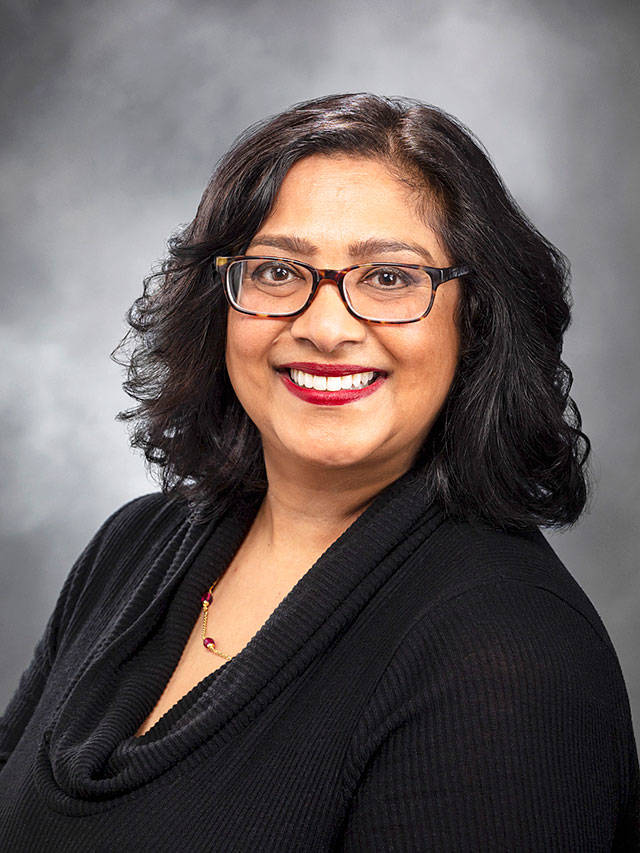Sen. Mona Das, D-Kent, and Rep. Jared Mead, D-Mill Creek, are sponsoring Senate Bill 6645 and House Bill 2722 to establish minimum post-consumer recycled content requirements and require record-keeping of recycled plastic by beverage manufacturers.
The legislation is part of a larger effort to promote plastic recycling and is one of a slate of environmental protection policies that both members are sponsoring or cosponsoring in Olympia, according to a Washington State Senate Democrats news release.
“The time to start changing the unsustainable way we live on this planet was yesterday,” Das said. “I’m working to ban single-use plastic, ban Styrofoam, limit state greenhouse gas emissions and promote recycling rather than production of plastic, because we need to go at environmental sustainability from all sides. We don’t have time for baby steps.”
“We are facing a crisis right now, because material that we used to send overseas to get recycled now has nowhere to go other than the landfill,” Mead said. “That’s bad for the environment and bad for our state. And it’s why I’m supporting a number of reforms to change how we handle recycling—including using the power of the free market to achieve the goal of protecting our environment. We owe it to our future generations.”
In addition to the minimum recycled content bills, environmental protection legislation that Das and Mead have signed on to includes:
• SB 6622, establishing a statewide solar panel end-of-life program.
• SB 6213, issuing a statewide ban of certain Styrofoam products. The companion is HB 2429.
• SB 5323, reducing pollution from plastic bags by establishing minimum state standards for the use of bags at retail establishments. The companion is HB 1205.
• HB 2496, providing for responsible environmental management of batteries.
• HB 1543, concerning sustainable recycling, passed last year. The companion was SB 5545.
Several legislators in both the House and Senate have turned their attention to environmental protection policy in the 60-day session of 2020. Building upon the work done in the past two years to make Washington a 100 percent clean-energy state by 2045, to advance orca recovery and to phase in energy-efficient buildings, legislators in both chambers are pursuing ambitious legislation alongside stakeholders from different industries, environmental advocacy groups and agencies.
“I’m proud of the work we’ve put in with stakeholders from every corner of the environmental policy world to craft bills that will have a measurable, positive impact on Washingtonians,” Das said. “We’re making our state cleaner and greener not just for our kids and grandkids, but for people seeing the harmful effects of climate change and pollution today, right now.”


